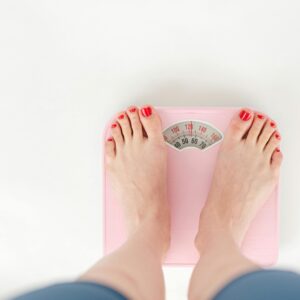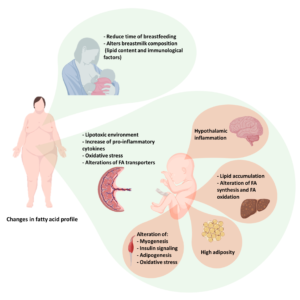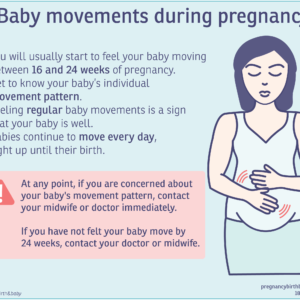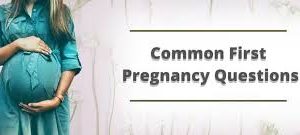You already know it is important to eat a well-balanced diet, but it is even more important when you are pregnant. Keep in mind now you are eating for two. Proper pregnancy meal is very important. Whatever you eat, the baby eats as well. In fact the baby actually takes your nourishments so you must eat enough for both of you. The healthier you eat the better it is for the pregnancy and you.
Pregnancy is a time of significant physical and emotional change, requiring careful attention to your pregnancy meal diet to support both your health and your growing baby. The right nutrition can help you feel your best and ensure your baby gets the necessary nutrients for optimal development. Here’s a comprehensive guide on what foods to embrace and which to avoid during pregnancy.
Foods to Embrace During Pregnancy
Fruits and Vegetables
Why They’re Important: Fruits and vegetables are rich in essential vitamins, minerals, and fiber. They help maintain a healthy weight, support digestion, and provide antioxidants that protect against disease.
Top Choices:
- Berries: Packed with vitamins C and E, fiber, and antioxidants.
- Leafy Greens: Spinach, kale, and Swiss chard are high in folate, iron, and calcium.
- Citrus Fruits: Oranges, lemons, and grapefruits are excellent sources of vitamin C.
- Avocado: Contains healthy fats, folate, and potassium.
Whole Grains
Why They’re Important: Whole grains are an excellent source of complex carbohydrates, fiber, iron, and B vitamins, which are crucial for energy and overall health.
Top Choices:
- Quinoa: High in protein and contains all nine essential amino acids.
- Oats: Rich in fiber and helps regulate blood sugar levels.
- Brown Rice: A great source of fiber, manganese, and selenium.
- Whole Wheat Bread: Offers more fiber and nutrients than refined white bread.
Lean Proteins
Why They’re Important: Proteins are the building blocks of cells and are crucial for the baby’s growth and development, especially in the second and third trimesters.
Top Choices:
- Lean Meats: Chicken, turkey, and lean cuts of beef and pork.
- Fish: Salmon, sardines, and trout are high in omega-3 fatty acids.
- Eggs: Packed with protein and choline, which is vital for brain development.
- Legumes: Beans, lentils, and chickpeas provide protein, fiber, and iron.
Dairy Products
Why They’re Important: Dairy products are rich in calcium, vitamin D, and protein, essential for bone health and the baby’s skeletal development.
Top Choices:
- Greek Yogurt: High in protein and probiotics.
- Milk: Provides calcium and vitamin D.
- Cheese: Choose pasteurized varieties like cheddar, mozzarella, and cottage cheese.
Nuts and Seeds
Why They’re Important: Nuts and seeds are excellent sources of healthy fats, protein, fiber, and essential vitamins and minerals.
Top Choices:
- Almonds: High in vitamin E and magnesium.
- Chia Seeds: Rich in omega-3 fatty acids, fiber, and calcium.
- Walnuts: Contain healthy fats and protein.
- Pumpkin Seeds: Packed with iron, magnesium, and zinc.
Foods to Avoid During Pregnancy
Certain Seafood
Why to Avoid: Some seafood can be high in mercury, which can harm the developing baby’s nervous system.
Avoid:
- Shark, Swordfish, King Mackerel, and Tilefish: High in mercury.
- Raw or Undercooked Seafood: Risk of bacterial or parasitic infections.
Unpasteurized Dairy Products
Why to Avoid: Unpasteurized dairy can contain harmful bacteria like Listeria, which can lead to severe infections and complications.
Avoid:
- Raw Milk and Cheeses: Such as Brie, Camembert, and Roquefort.
Certain Meats and Eggs
Why to Avoid: Undercooked or raw meats and eggs can be contaminated with bacteria and parasites, posing a risk of foodborne illness.
Avoid:
- Raw or Undercooked Meats: Always cook meat thoroughly.
- Raw Eggs: Avoid foods like homemade Caesar dressing, mayonnaise, and certain desserts that may contain raw eggs.
Processed Foods
Why to Avoid: Processed foods often contain high levels of sugar, salt, unhealthy fats, and preservatives, which are not beneficial for you or your baby.
Avoid:
- Sugary Snacks and Drinks: Such as candy, soda, and baked goods.
- Fast Food: Often high in unhealthy fats and sodium.
Caffeine and Alcohol
Why to Avoid: Excessive caffeine can lead to increased heart rate and blood pressure, while alcohol can cause severe developmental issues in the baby. Read more on caffeine here
Avoid:
- High Caffeine Intake: Limit to 200 mg per day (about one 12-ounce cup of coffee).
- Alcohol: No safe level of alcohol consumption during pregnancy.
Conclusion
Maintaining a balanced and nutritious diet during pregnancy is crucial for your health and your baby’s development. Embrace a variety of fruits, vegetables, whole grains, lean proteins, dairy products, and nuts and seeds while avoiding certain seafood, unpasteurized dairy, undercooked meats and eggs, processed foods, and excessive caffeine and alcohol. By making thoughtful food choices, you can help ensure a healthy and happy pregnancy journey.






